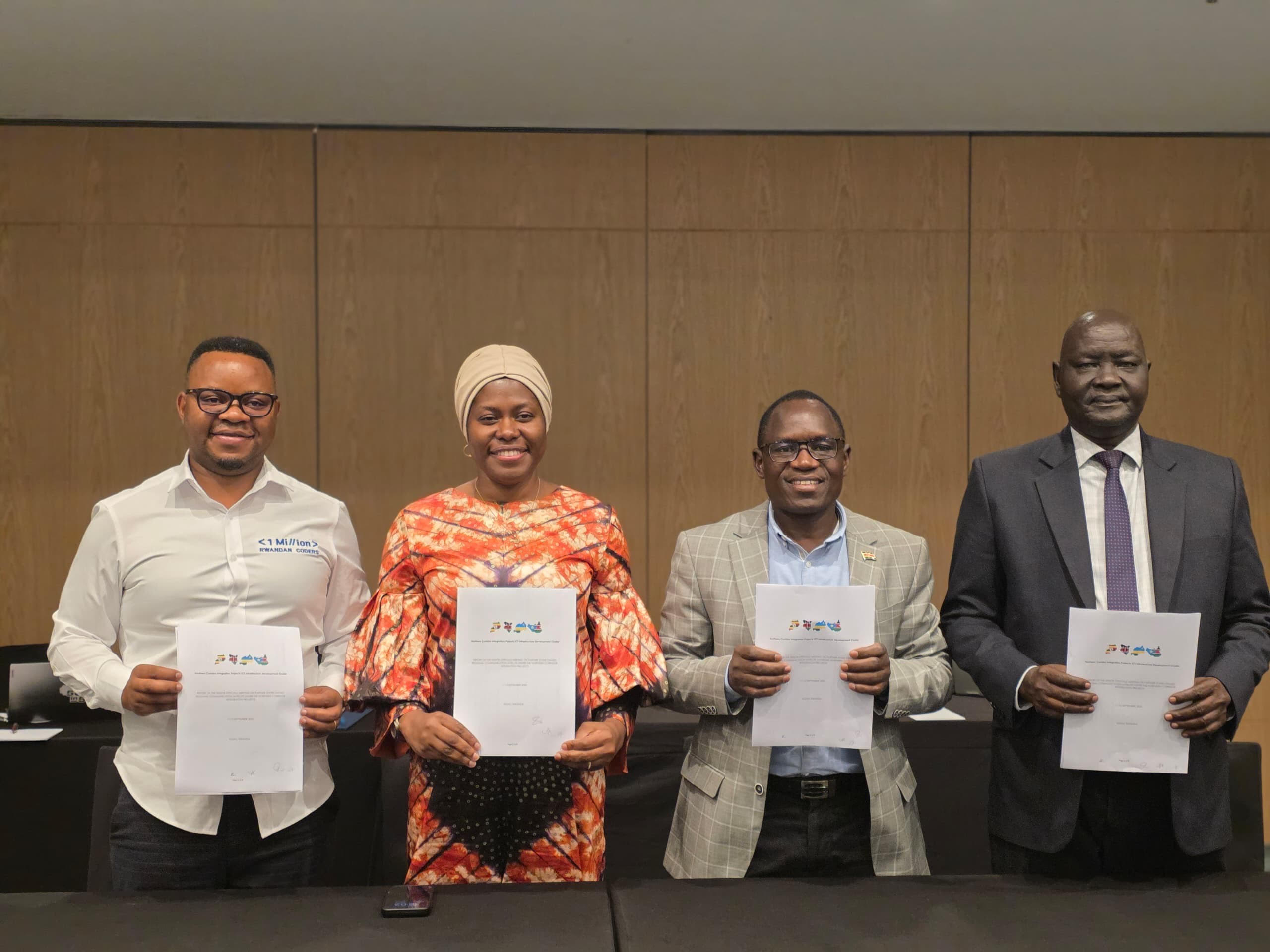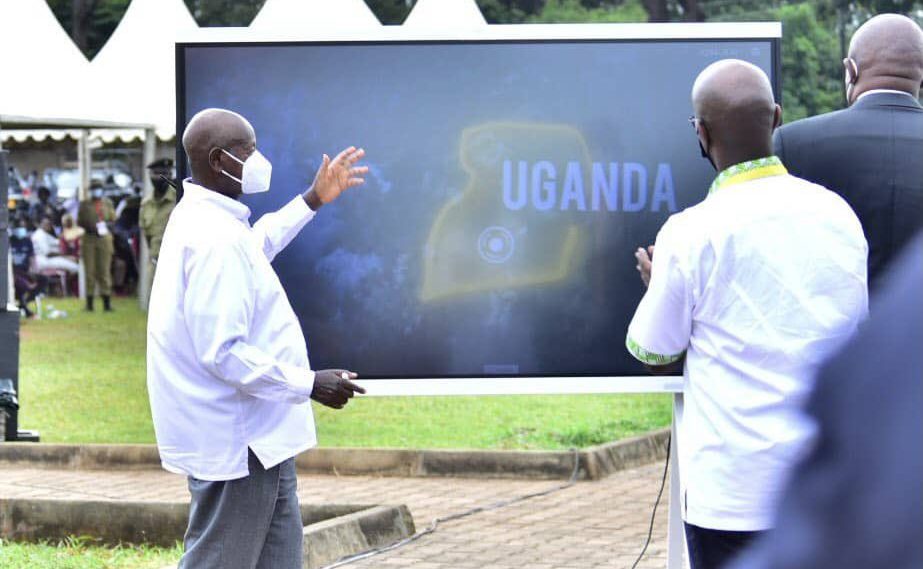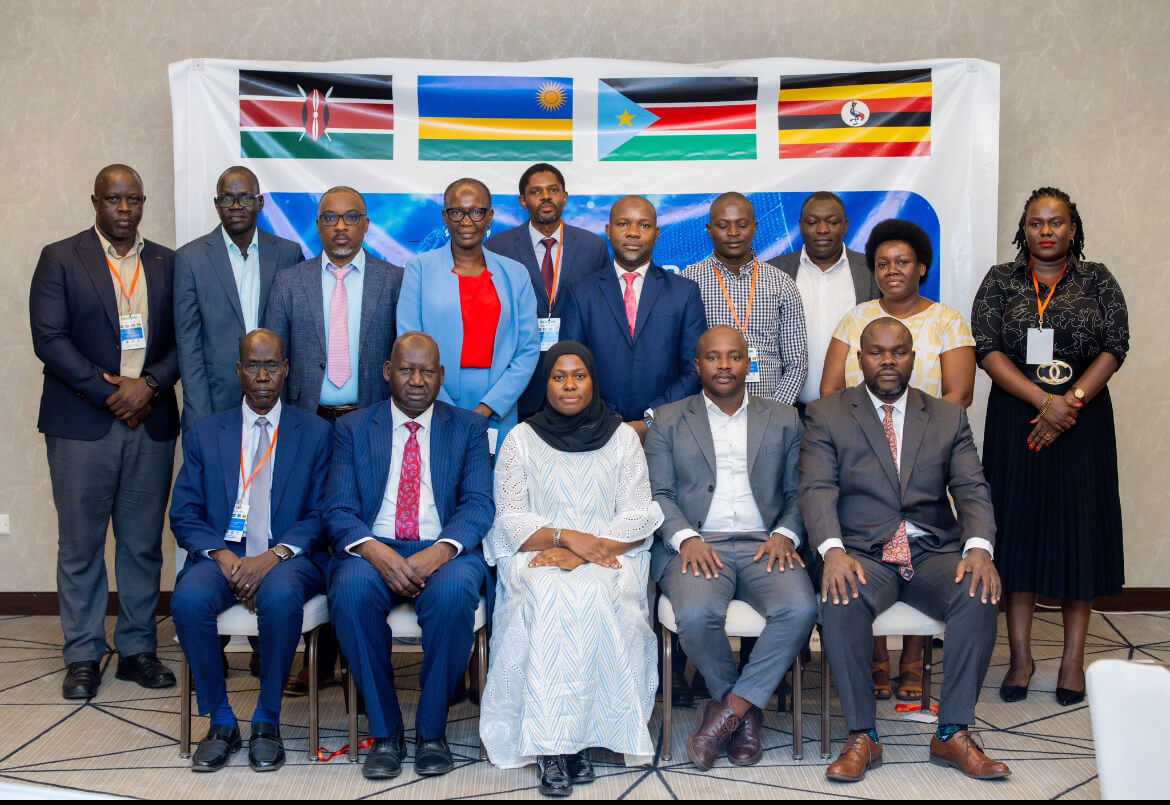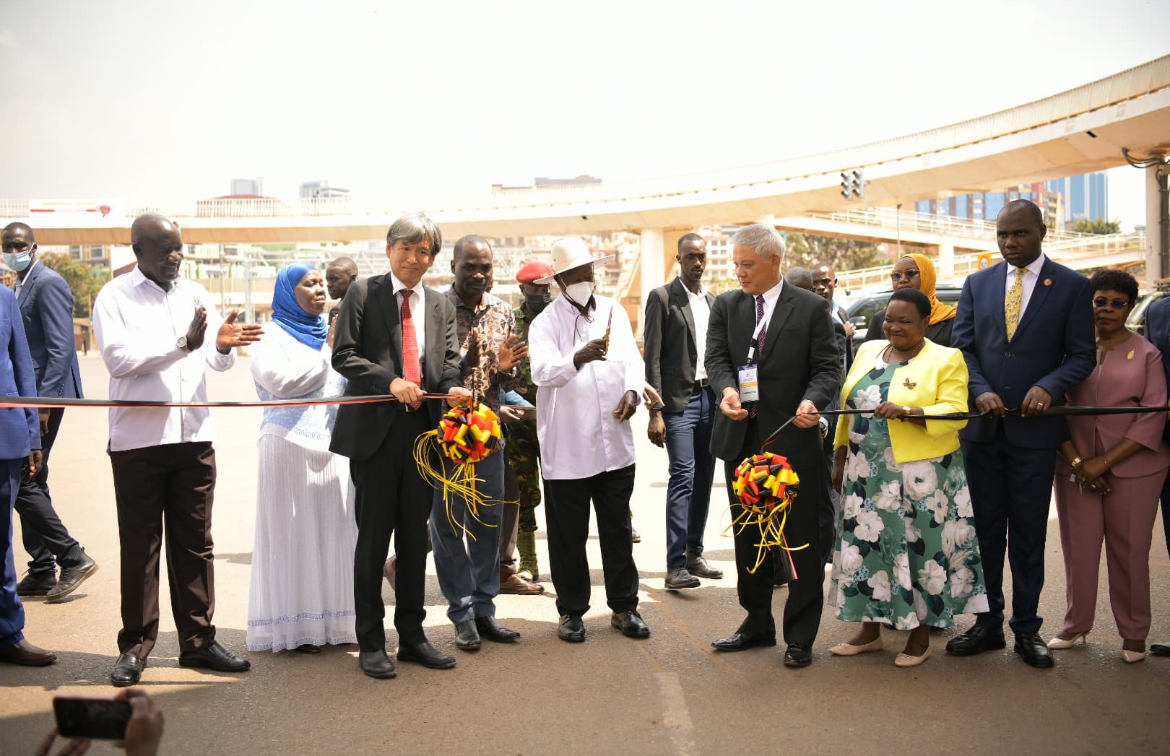Regional leaders reaffirmed their commitment to developing a Partner States owned communication satellite, a transformative initiative aimed at achieving universal, affordable, and reliable connectivity across East Africa.
The Senior Officials’ Meeting of the Northern Corridor Integration Projects (NCIP) ICT Infrastructure Development Cluster was held on 11th – 12th September 2025 in Kigali, Rwanda. Chaired by Dr. Aminah Zawedde, Permanent Secretary of Uganda’s Ministry of ICT and National Guidance and Chairperson of the ICT Infrastructure Development Cluster, and co-chaired by Mr. Stephen Isaboke, Principal Secretary for Broadcasting and Telecommunications of Kenya, the meeting brought together Permanent Secretaries, Undersecretaries, regulators, space agencies, and senior ICT officials from Uganda, Rwanda, Kenya, and South Sudan. Also in attendance were Mr. Yves Iradukunda, Permanent Secretary of Rwanda’s Ministry of ICT and Innovation, and Hon. Thomas Gatkuoth, Undersecretary for Telecommunication and Postal Services of South Sudan.
Delegates convened to deliberate and adopt the revised project roadmap and feasibility study terms of reference, confirm the willingness of Partner States to co-fund the USD 1 million study equally, and consider a draft ministerial-level agreement as the interim instrument for funding and implementation. The meeting emphasised the importance of launching the feasibility study, which will evaluate the technical, economic, and governance aspects of the project.
Mr. Iradukunda opened the discussions by emphasising the importance of regional solidarity, noting that the initiative demonstrates the region’s strong partnership and determination to position itself on the global stage. “Rwanda is committed to advancing this project for the benefit of our people,” he affirmed. Dr. Zawedde described the project as a critical step toward achieving full national connectivity in line with Uganda’s Digital Transformation Roadmap, stressing that the session reaffirmed the region’s resolve to mobilise resources and make the vision a reality.
For South Sudan, Hon. Gatkuoth observed that the initiative marks a turning point, “South Sudan has not fully utilised its technological and spatial potential in the past. Through this initiative, we are now ready to partner in launching the regional satellite to strengthen communication and safeguard our data.” From Kenya, Mr. Isaboke emphasised that space-based projects are capital-intensive and require collective effort, confirming Kenya’s strong support for what he described as a transformative agenda.
The project is expected to deliver far-reaching benefits, closing the digital divide by extending services to remote areas, ensuring data sovereignty through regional ownership, boosting economic growth via broadcasting and ICT services, supporting cross-border trade, and building capacity through training and knowledge exchange. By establishing shared digital infrastructure, the satellite will also strengthen regional integration and cooperation.
The meeting agreed on several key recommendations. First, the Universal Access Fund was identified as the most suitable source of financing for the feasibility study, given the alignment of the project with its objectives, with Partner States free to complement this with resources from their communications sector regulatory entities. Second, the Technical Committee was tasked with preparing a communication plan, beginning with a cabinet brief in each country. Finally, it was resolved that a ministerial meeting should be convened within 30 days to approve the project roadmap and formally adopt and sign the agreement enabling the study’s implementation.
On the sidelines of the event, Rwanda’s Minister of ICT and Innovation, Hon. Paula Ingabire, hosted a breakfast meeting with heads of delegations to review the next steps. Delegates agreed that strong collaboration will remain the foundation of success as the project advances.
The Kigali session reaffirmed the collective determination of Partner States to move forward with the satellite initiative, recognising it as a strategic investment in connectivity, data sovereignty, and regional integration.
Sep 15, 2025
Partner States Advance Regional Communication Satellite Project
Infrastructure
By Fiona Luboga

The author is a Communications Officer at the Ministry of ICT & National Guidance.
Related Stories

Infrastructure
Launch of the Regional ICT Infrastructure, E-Government services and Exhibition
Oct 2, 2022

Infrastructure
NCIPs Meeting Focuses on Regional Satellite Project for Enhanced Connectivity
Feb 28, 2025
